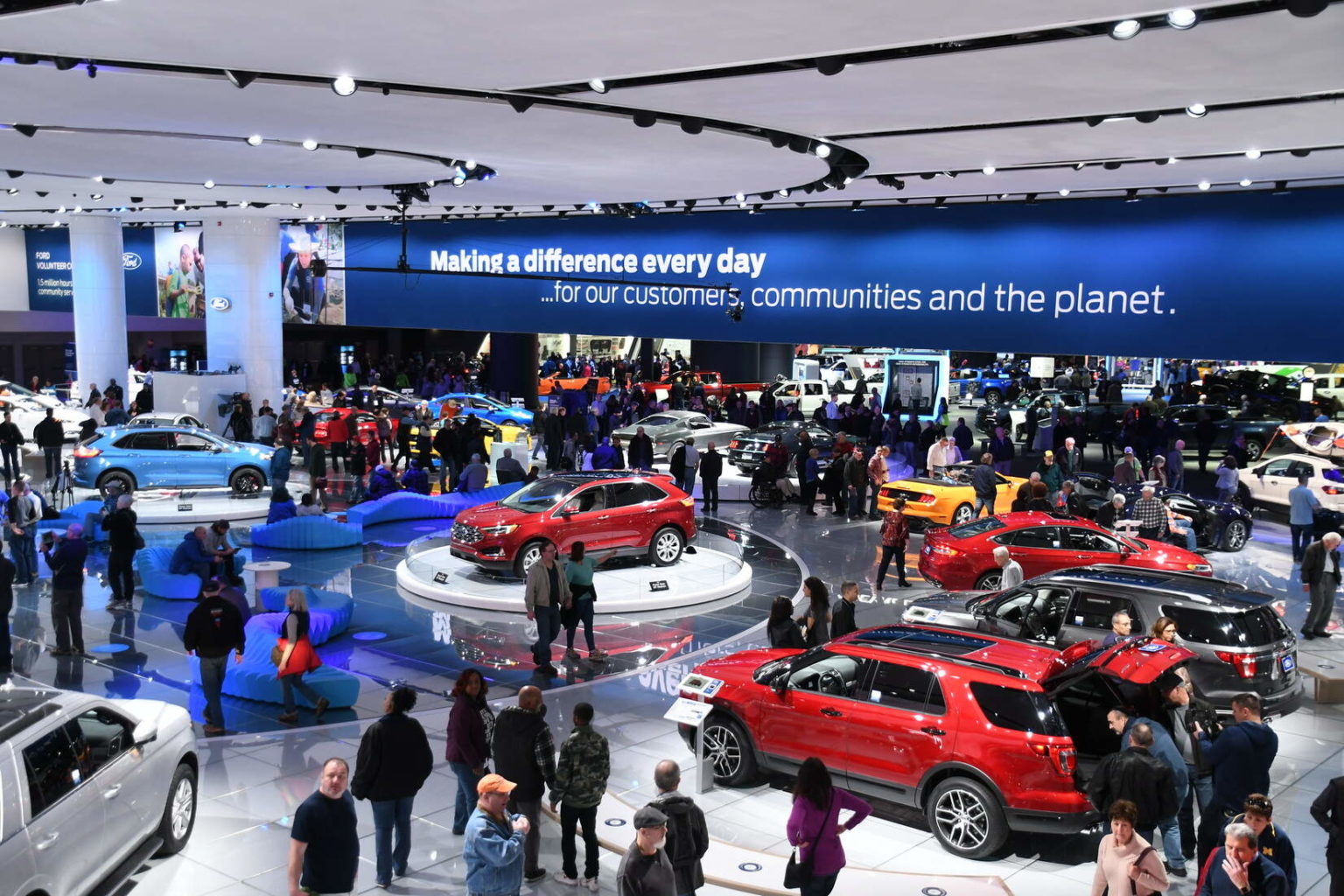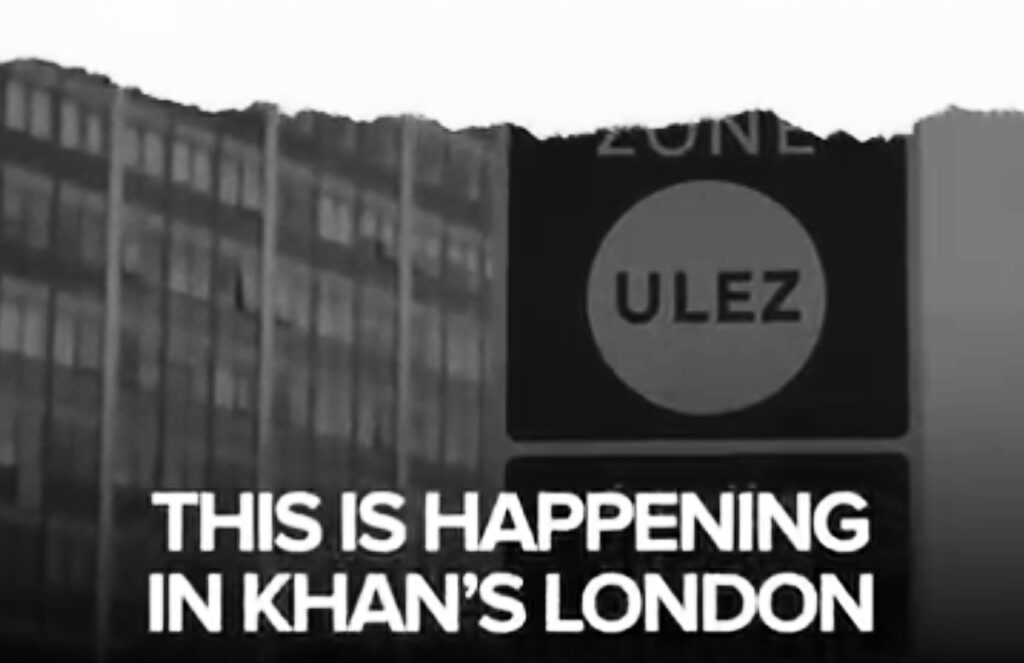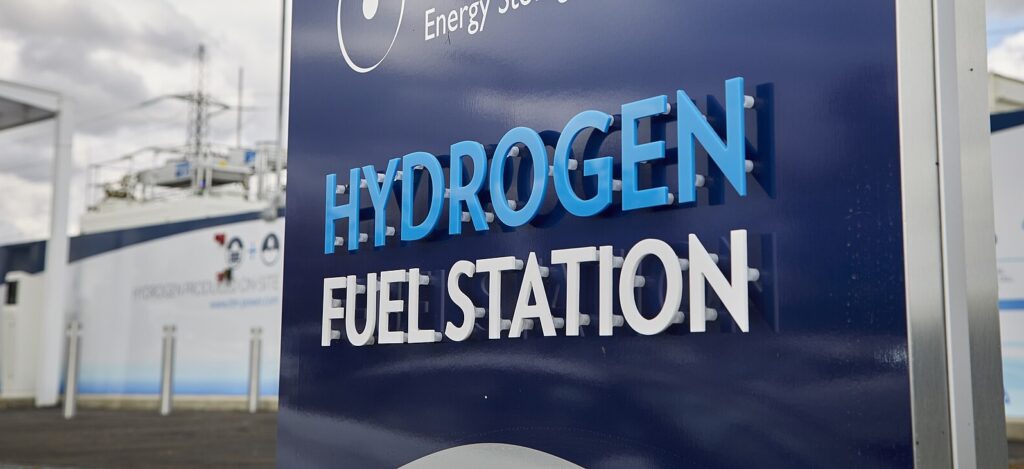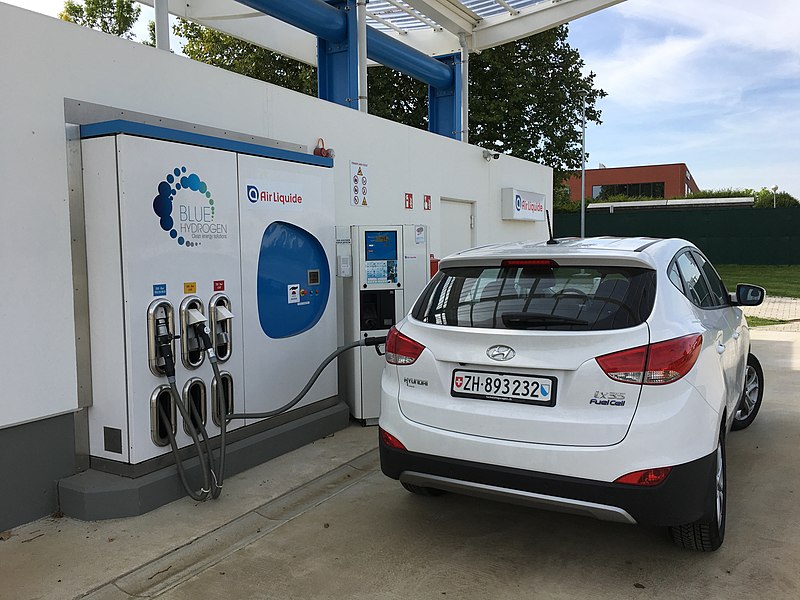Automakers are failing to drive a rapid shift towards low-carbon transport, according to a new analysis, indicating that the industry is not aligned with the Paris Agreement goal of keeping global warming below 2 degrees C.
That study, released earlier this month by CDP and the World Benchmarking Alliance (WBA), looked at 25 leading auto manufacturers and graded each company on its overall alignment with the transition to a low-carbon economy. No company managed to score an “A” grade, and most of the manufacturers continue to produce fleets made almost entirely of gasoline-powered vehicles.
While low-carbon options like plug-in hybrids and battery-electric vehicles may be on the market, manufacturers are not prioritizing them. For most of the companies analyzed, low-carbon vehicles made up less than 1 percent of annual sales. The study suggests that automakers are not doing enough to reshape their business model around de-carbonization. In addition to cleaning up their fleets, researchers recommend that auto manufacturers appoint a climate expert to their boards, address their trade associations lobbying against cleaner transport, and work with policymakers to create incentives and infrastructure necessary to shift markets away from polluting transport.
“The building blocks are in place for a shift to low carbon vehicles and business models, but progress is being stalled by lack of market incentives and leadership. Governments and companies must work together to make low carbon vehicles accessible and desirable to consumers, that’s the critical step,” said Tony Rooke, Global Technical Director at CDP, a nonprofit which runs a global environmental disclosure system.
Automakers tend to tout their environmental performance and their lineup of alternative fuel vehicles on their websites. But according to the CDP and WBA analysis, only five companies currently meet the International Energy Agency’s (IEA) criteria for reducing their emissions across their fleet that aligns with the Paris goals. These companies include Groupe PSA, Renault, Ford, Mazda, and Nissan.
“The vast majority of car companies aren’t hitting their current targets or setting new ones for the future,” said Vicky Sins, Climate and Energy Benchmark Lead at WBA. “Unless that changes right now, they won’t hit the Paris goals and will face disruption to their business in the future. The transport industry is responsible for 25 percent of global emissions from fossil fuels so this should be a major concern to the industry, governments, investors, and the planet.”
How Car Companies Scored
The World Benchmarking Alliance, which assesses and ranks the world’s most influential companies on their contribution to the UN Sustainable Development Goals, developed an automotive benchmark as part of its Climate and Energy Benchmark measuring corporate progress towards the Paris Agreement goals.
The automotive benchmark assesses the 25 leading auto manufacturers, ranking them among each other and scoring each with a performance assessment (out of 20 total points), a narrative assessment (a letter grade), and a trend assessment (positive, negative, or no change).
The top five companies overall are, in order: Groupe PSA, BMW, Renault, Volkswagen, and Daimler.
Several Chinese automakers ranked at or near the bottom, while American manufacturers scored closer to the middle of the pack, ranking in the 8 through 12 slots. Tesla surprisingly got the lowest score out of this American group with a 12th overall ranking and a narrative grade of “D.” According to the score summary of the company, Tesla “lacks transparency regarding its climate governance and decarbonization strategy. It has not made any public commitments to reduce its manufacturing emissions or exclusively manufacture electric vehicles, and has limited emissions data gathering. Moreover, Tesla shows little intention to move its activities away from traditional passenger vehicle ownership towards more resource efficient mobility services.”
Subaru, the Japanese automaker that is a popular brand in America, especially in the state of Vermont (where over 10 percent of vehicles are Subaru), ranked 22nd overall. The company currently offers very few low-carbon vehicle options, and “has not disclosed a low-carbon transition plan, established long-term targets to reduce its fleet emissions or demonstrated an awareness of the climate-related risks and opportunities associated with its current business model,” according to its score summary.
Turning a Corner?
Automakers are starting to develop new zero-emission options to add to their fleets. In June, Toyota and Subaru announced a joint initiative to develop an electric SUV. Hyundai recently announced a “Strategy 2025” plan, and as part of it the automaker “aims to secure leadership in electrification by selling 670,000 electric vehicles annually and become one of the world’s top three manufacturers of battery and fuel cell EVs by 2025.” Mazda is developing its first electric car, which it plans to launch next year. Ford is also investing in electric vehicles, as are other automakers.
The market is expected to shift in favor of cleaner cars over the next decade as the technology continues improving, reducing costs. Automakers are slowly turning the corner towards de-carbonization, but whether they will accelerate down that path, or continue stalling, remains to be seen.
“Currently we’re seeing a transition to a low carbon economy with the brakes on,” Sins of WBA said.
Main image: View from upper level of Ford display at 2018 North American International Auto Show. Credit: Joe Ross, CC BY–SA 2.0
Subscribe to our newsletter
Stay up to date with DeSmog news and alerts







